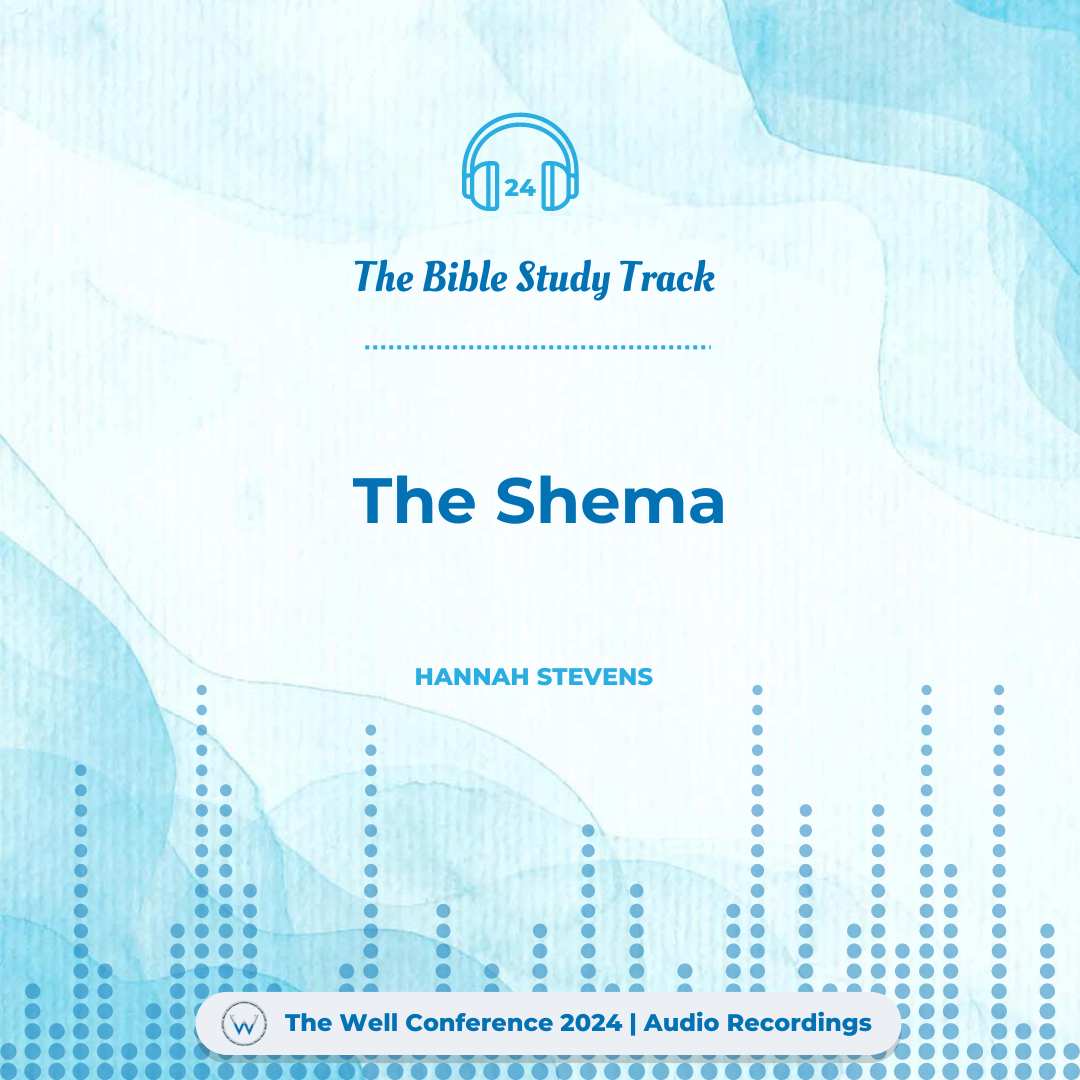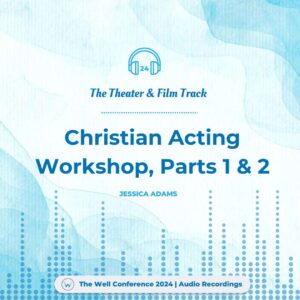Conference RecordingsThe Shema
$10.00
The Shema refers to Deuteronomy 6:4-9, which is among Moses’ parting words and instructions to the Hebrew people before he died and before they would enter the promised land. The words have become part of Jewish liturgy to be spoken daily, along with other parts of the Torah. The Shema became a way of orienting towards and receiving God’s presence daily. It is likely among the first words Jesus learned to say as a child and it readily came to his lips when Jesus was asked what the greatest commandment was in Mark 12.29-31 and in Luke 10.25-7, “Love the Lord your God with all your heart, and with all your soul, and with all your mind, and with all your strength.” In both places Jesus links these words of the Shema to Leviticus 19.18b, “Love your neighbor as yourself.”
In this session we’ll explore the unique attributes that make up the language and grammar of this foundational text. We’ll also consider how this text that has formed generations of God’s people can be part of our own formation as well.
The Shema refers to Deuteronomy 6:4-9, which is among Moses’ parting words and instructions to the Hebrew people before he died and before they would enter the promised land. The words have become part of Jewish liturgy to be spoken daily, along with other parts of the Torah. The Shema became a way of orienting towards and receiving God’s presence daily. It is likely among the first words Jesus learned to say as a child and it readily came to his lips when Jesus was asked what the greatest commandment was in Mark 12.29-31 and in Luke 10.25-7, “Love the Lord your God with all your heart, and with all your soul, and with all your mind, and with all your strength.” In both places Jesus links these words of the Shema to Leviticus 19.18b, “Love your neighbor as yourself.” In this session we’ll explore the unique attributes that make up the language and grammar of this foundational text. We’ll also consider how this text that has formed generations of God’s people can be part of our own formation as well. This recording can be instantly downloaded in a .zip file, and played with any app that plays MP3’s. When you download this file, be sure to note where it downloads to, so you can find it later. .Zip files can be extracted by right mouse clicking, and selecting “Extract All”. This recording is also available in the Bible Study Track Bundle or as part of The Well Conference 2024 Audio Set.Hannah Stevens is the Director of Churches in Mission at Western Theological Seminary (WTS). In partnership with Dr. Travis West, Hannah created the course and print materials Hebrew for Regular People, published in 2022. The course makes content and elements of the Hebrew program at WTS accessible for lay leaders in the Church.In her work with Churches in Mission, Hannah has done extensive training and course work in coaching individuals and teams. She received her Associate Certified Coach Credential from the International Coaching Federation in May 2023. Hannah is most comfortable in the spaces where the theological training of seminary gets worked out in the daily realities of ministry. Discovering relevant wisdom and practices from the text and traditions of the people of Israel is among Hannah’s favorite work to do.Hannah grew up as a pastor’s kid in Elburn, Illinois. She attended Hope College and received her Master of Divinity from Western Theological Seminary in 2019. She currently lives in Hudsonville, Michigan with her husband, Phil Stevens. They have three wild children and one tame dog. They love to hike, build forts, read, and travel to as many places in the world as continuing to be responsible, bill paying adults allows.





